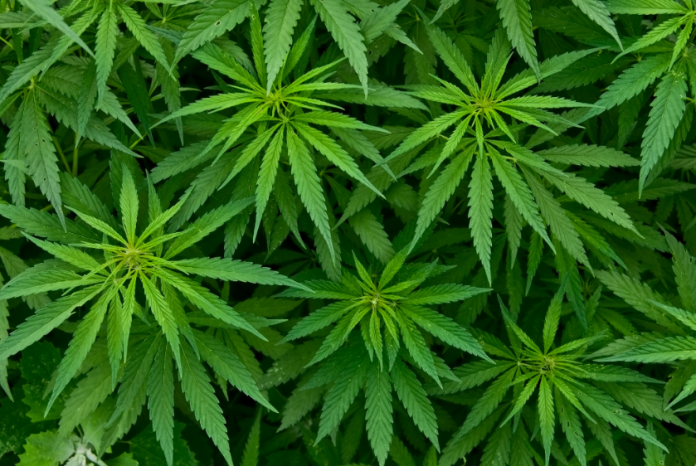
New research indicates that a synthetic cannabinoid has proved successful in treating sleep apnea, a condition that affects approximately 22 million Americans. If you or someone you know has this sleep condition, you probably know how challenging it can be to treat it and the impact it can have on daily routines.
What is sleep apnea?
Sleep apnea is a condition in which individuals experience intermittent breathing after they fall asleep. This interruption in breathing occurs because the airways become more narrow as the muscles in the throat relax. The narrower airway results in a vacuum being created in the back of the throat. This vacuum leads to snoring and, in some cases, the throat closing completely.
Left untreated, sleep apnea can lead to chronic heart failure, atrial fibrillation, stroke, and high blood pressure. It is associated with depression, obesity, and type 2 diabetes. It also is a factor in heavy machinery and traffic accidents because individuals are typically persistently drowsy if they are not being treated adequately or at all.
Read about demystifying CBD oil (cannabinoid): 7 important facts
Can a cannabinoid treat sleep apnea?
Currently the treatment of sleep apnea is limited to mechanical and surgical means, such as use of a CPAP machine or a dental appliance worn at night to help keep the throat muscles from closing. The machine involves wearing a mask that covers the nose and pushes air to the back of the throat. The dental appliance pushes the jaw forward to help prevent airway closure. Much more infrequently, clinicians may recommend sleep-apnea surgery.
In this latest study, the researchers used dronabinol, a synthetic cannabinoid that has already been approved by the Food and Drug Administration (FDA) to help individuals undergoing chemotherapy cope with appetite loss. In this trial, dronabinol significantly helped the sleep apnea patients who reported they felt more energy and had less severe symptoms when compared with the patients who received a placebo.
Read more about cannabinoids: the miracle compounds behind cannabis
The trial, which was called PACE (Pharmacotherapy of Apnea by Cannabimimetic Enhancement), involved 73 sleep apnea patients who had moderate to severe apnea. The participants were randomly assigned to receive either placebo (25 participants), 2.5 mg dronabinol (21), or 10 mg dronabinol (27) daily, 1 hour before going to bed for up to six weeks. Compared with placebo, those who took the cannabinoid reported improved sleepiness, greater overall satisfaction with treatment, and a lower AHI (apnea-hypopenia index) score.
According to Dr. Jerald Simmons, MD, founder of Comprehensive Sleep Medicine Associates and board certified in Sleep Medicine, Epilepsy and Neurology from Stanford, the advantages of using a cannabinoid were revealed in this study when it showed “that the benefit was most significant in REM sleep, and it was most significant in terms of complete apnea, the ones where the airway is completely blocked.”
Because dronabinol has already been approved by the FDA for another medical indication, it can more quickly be approved for treatment of sleep apnea if further research continues to be positive. For many people who suffer with sleep apnea, this more natural approach could be most welcome.
[Editor's Note: If you are looking for plant-based cannabinoid options, our sponsors Barlean's and Emerald Health Bioceuticals offer some options. Barlean's makes a hemp based CBD oil and Emerald Health has a line of powerful blend of non-cannabis phytocannabinoids, along with other proven ingredients that support the vitality of your Endocannabinoid System.]
Sources
American Sleep Apnea Association. Sleep apnea information for clinicians
Carley DW et al. Pharmacotherapy of apnea by cannabimimetic enhancement, the PACE Clinical Trial: effects of dronabinol in obstructive sleep apnea. Sleep 2018 Jan 1; 41(1)
Powell B. New research shows that cannabinoids may treat sleep apnea. High Times 2018 May 4










